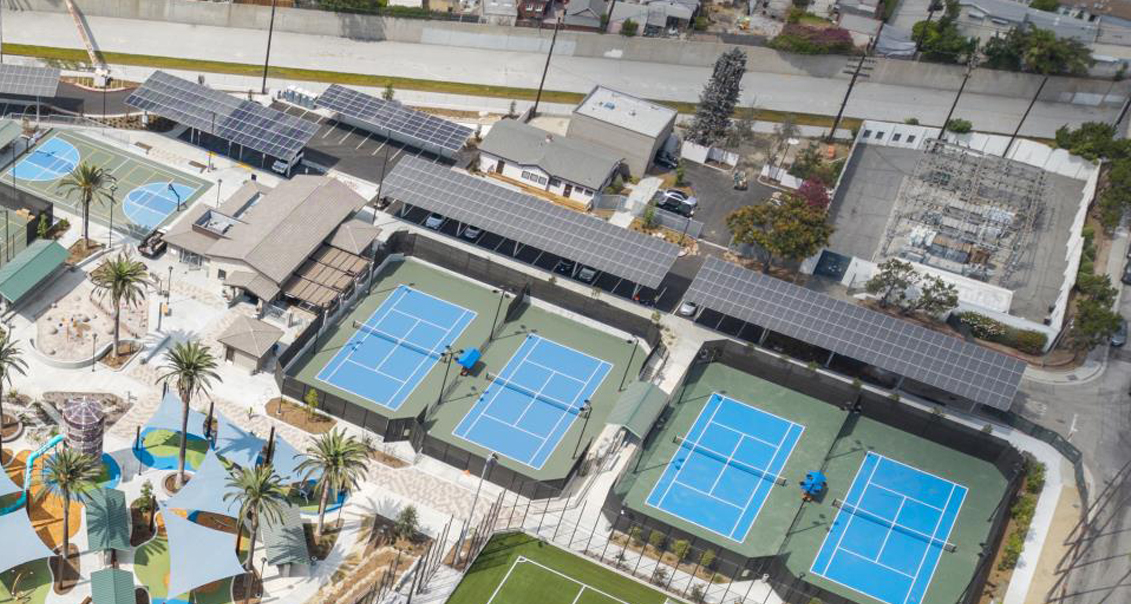Big Changes Are Coming to Your Energy Bill
Starting April 2026, NV Energy will roll out a new demand charge for residential customers across Southern Nevada. This isn’t just a minor tweak—it’s a structural change in how you’re billed for electricity, and it could impact the way you use energy at home. If you’re a Nevada homeowner, here’s what you need to know—and why getting home battery storage is now more important than ever.What Is a “Demand Charge”?
Traditionally, your electricity bill is based mostly on how much electricity you use over the course of the month (measured in kilowatt-hours, or kWh). With a demand charge, you’ll also be billed based on how much electricity you use at once—your peak demand, measured in kilowatts (kW).Think of it like this:
- Usage (kWh) = how much energy you consume over time
- Demand (kW) = the maximum amount of power you’re pulling from the grid at any one time
How Will It Affect Your Utility Bill?
The good news: NV Energy claims the average customer won’t see a higher bill overall. They’ve provided examples showing a typical monthly bill of around $156 under the new structure, similar to current bills. But that’s NOT ENTIRELY TRUE if your usage patterns are average. If your household tends to use a lot of power all at once (especially during peak hours), you might see an increase unless you adjust your habits. The demand charge will be based on your highest average 15-minute usage period each day, multiplied by a fixed daily rate (around $0.19 per kW). Multiply that by 30 days, and it becomes a noticeable portion of your bill.Who Could Be Most Affected?
- Families with multiple people home during the day using lots of appliances at once
- Households with electric vehicles charging during peak hours
- Homes with limited control over when appliances run (like older HVAC systems or lack of smart tech)
- Renters or shared households who can’t easily change usage patterns
Why Battery Storage Makes Sense with NV Energy’s New Demand Charges
Solar Optimum recommends Nevada homeowners to strongly consider home battery storage to reduce peak demand charges to lower your bill. The upcoming demand charge penalizes customers for their highest short-term energy use, not just total monthly consumption. Home battery systems can help by:- Storing energy when your demand is low (or when solar production is high)
- Discharging stored energy during peak usage periods—so you don’t pull that extra power from the grid
Get prepared now for the upcoming April 2026 demand charges expected to hit Nevada. By going solar and battery now, you may also qualify for the 30% solar federal tax credit before it expires on December 31, 2025. Call Solar Optimum today at (800) 552-9970 to get a free home battery and solar quote!





